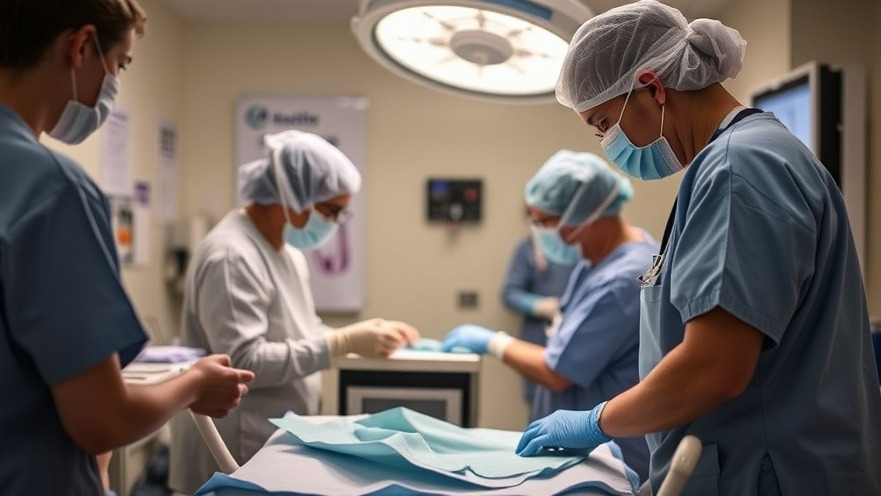
Understanding the Shift Toward Biosimilars in Medical Practices
In an era where healthcare costs are under intense scrutiny, the conversation around biosimilars is becoming increasingly relevant, especially for concierge medical practice owners. Biosimilars, which are biologic medical products highly similar to already approved originals, are seen as a cost-effective alternative poised to reshape treatment landscapes. But how are they being adopted, and what factors influence this shift?
Key Trends in Biosimilar Usage
A recent study by Roberts et al. delves into the adoption of biosimilars, using data from the American College of Rheumatology’s RISE registry. They examine biosimilar prescribing patterns for infliximab—a drug used in treating autoimmune conditions such as rheumatoid arthritis and Crohn’s disease. Findings indicate a marked increase in biosimilar initiation from 2017 to 2022, particularly among Medicare, commercially insured, and Medicaid patients. By 2022, the statistics showed significant adoption: 37% of Medicare, 51% of commercially insured, and 55% of Medicaid patients initiated treatment with a biosimilar version of infliximab. Notably, patients from lower socioeconomic backgrounds had a higher likelihood of starting on biosimilars.
Barriers and Considerations in Switching to Biosimilars
Despite the increase in biosimilar initiation, the switch from original biologics to biosimilars remains infrequent, with 86.4% of users sticking with their initial formulation. The study shows only 11.5% of users switching from biologic to biosimilar, suggesting hesitancy or barriers in transitioning existing patients. This trend highlights a crucial aspect for practice owners aiming to optimize treatment costs—understanding patient and physician dynamics at play.
Impacts and Variability Across Practices
The adoption of biosimilars doesn’t only vary by patient demographics but also by practice-specific factors. The Roberts study found that a significant 34% of the variation in biosimilar switching was attributable to differences between practices, emphasizing the role of practice-level decision-making. For practice owners, understanding these insights presents an opportunity: by aligning practice ethos with biosimilar benefits, they can enhance cost efficiency without compromising care quality.
Future Predictions and Strategic Considerations
As the healthcare industry grapples with rising costs, the strategic implementation of biosimilars can offer a sustainable path forward. Practice owners ought to consider how adopting biosimilar options can not only reduce drug expenditures but also attract a patient base seeking cost-effective, high-quality care. Staying informed and adaptive to these trends could position concierge practices as leaders in patient-centric, economically sound healthcare solutions.
 Add Row
Add Row  Add
Add 






Write A Comment